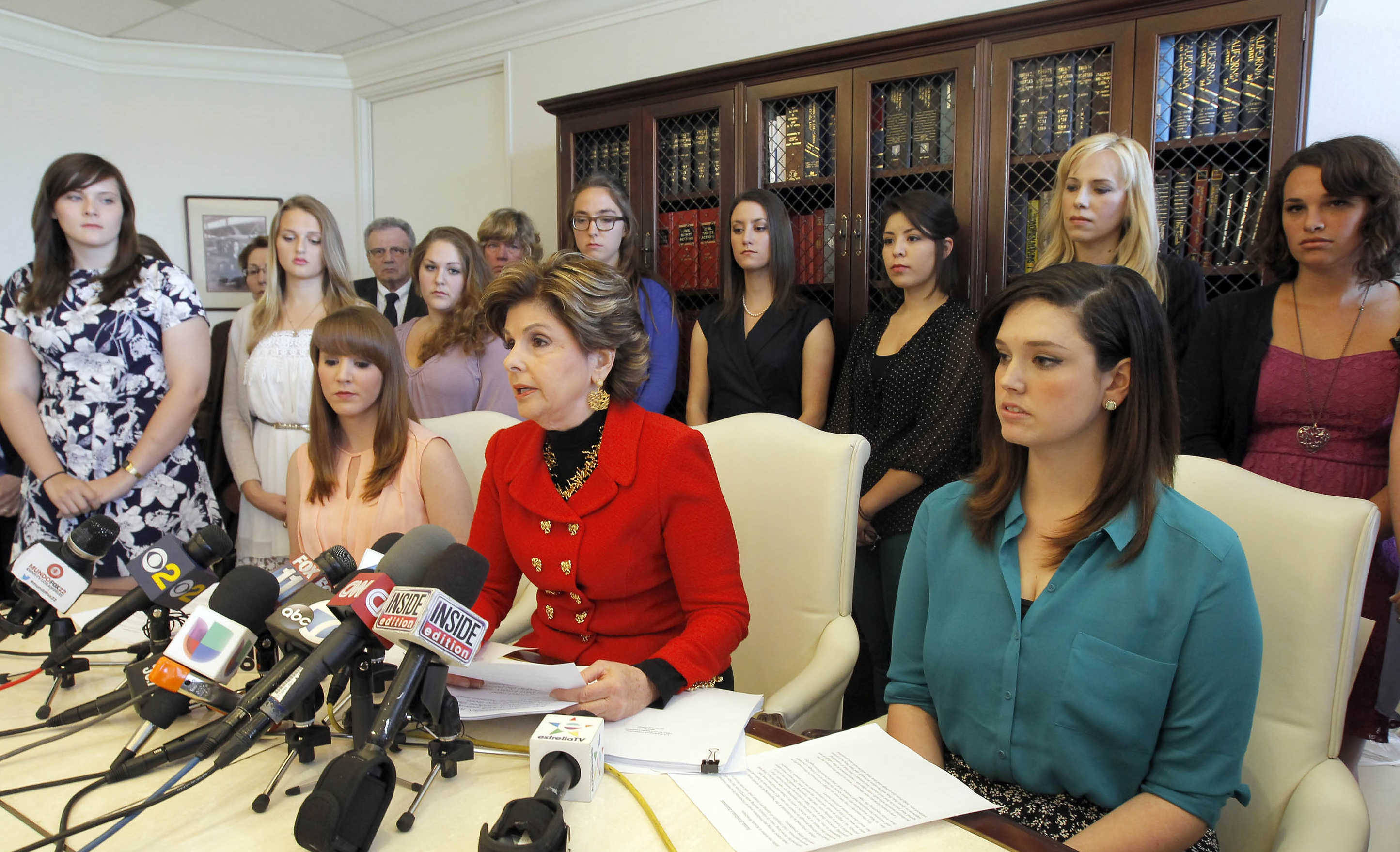
Since 2013, the U.S. Department of Education’s Office of Civil Rights (OCR) has been investigating Occidental College concerning its handling of sexual assault cases. The OCR and Occidental College reached a resolution agreement June 9 wherein the College was found to be in compliance with Title IX sex discrimination laws. The administration held a second town hall meeting Sept. 13 to accommodate the students who were not present for the town hall hosted during the summer.
Students in the report accused the college of discouraging survivors from coming forward, retaliating against complainants, delaying and unfairly handling complaints and inadequately punishing convicted students, among other things. All of these charges and the reasoning behind their dismissal are reviewed in the official OCR resolution letter, which is available to the public on the Office of Title IX web page. General Counsel Leora Freedman noted that, due to confidentiality rules, the specifics of these claims are still unknown to the college.
During the investigation, the OCR reviewed documentation on the cases, visited the campus and interviewed various community members. After three years, the OCR proposed a resolution agreement in May 2016, which the college signed June 8.
“We couldn’t really negotiate about [the resolution agreement],” Freedman said. She then added that the college was not notified of the findings until the OCR released them to the public.
The resolution agreement requires the college to annually survey the student, staff and faculty insight surrounding sexual assault and review complaints and ongoing cases every year.
Occidental was found not guilty of punishing students or staff for sexual assault complaints and advocacy. However, the OCR expressed concern that employees are unclear about what constitutes protected activity and retaliation. In regard to retaliation, the Clery Act’s website states that, “no ‘officer, employee, or agent of an institution … shall retaliate, intimidate, threaten, coerce, or otherwise discriminate against any individual for exercising their rights or responsibilities’ under the Act.” Therefore, they have required the college to add retaliation training to the mandatory annual staff Title IX training. Aside from the issue of retaliation, the OCR also reported that three of the cases in question did take too long to resolve. However, they did not find that these delays created a hostile environment for survivors.
While the OCR resolved its investigation of sex discrimination on behalf of the college, it is still investigating complaints of violations of the Clery Act, another federal law concerning campus crime. According to Title IX Coordinator Ruth Jones, the Clery Act requires that schools count and report the number of instances of certain “Clery” crimes which include sexual assault, domestic violence, dating violence and stalking, according to the Clery Center website.
The allegations of the Clery report assert that the college had improperly counted the number of these crimes. Jones added that the OCR has not updated the college on the state of that investigation.
As a result of the investigation, the college has reviewed and updated many policies on sexual assault. These policy changes, which came into effect Feb. 8, originated from the Title IX Office and the Campus Committee on Sexual Responsibility & Misconduct (CCSRM); the OCR provided technical assistance with forming and implementing these revisions. The CCRSM and the OCR amended policies concerning prohibited conduct, confidentiality and resolution of grievances, among others. The full list of policy changes can be found on the Title IX Office page.
According to Jones, these policy changes reflect the administration’s wish to improve how the college handles cases of sexual assault.
“I hope people take away that the college is engaged in an ongoing process of trying to improve what we’re doing,” Jones said.
Jones added that she hopes all community members will look for ways to get involved, ask questions, raise concerns and collaborate to move forward on these issues.
“Let’s be clear,” Jones said. “Our goal is to end sexual violence, and we have a lot of work to do.”
![]()






























